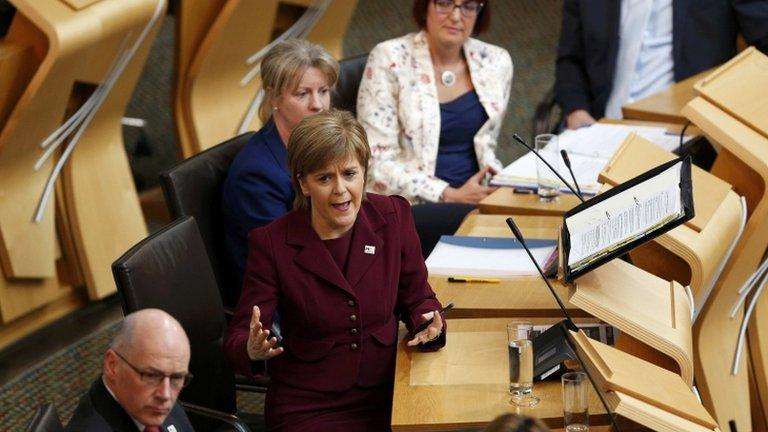Election 2015: Shouting the odds
- Published

John Lydon, (aka Johnny Rotten) belts out a song during a Sex Pistols 1996 performance in Canada
Drove in this morning, listening to "Anarchy in the UK". Splendid stuff - although not my absolute favourite from the Pistols. That rests with "Pretty Vacant". What was that? Take that person's name.
Anyway, back to Anarchy. Are we headed in the current election for a comparable destination, as some of the less temperate speculation would suggest? Or will the famously flexible UK constitution - unwritten and thus unfixed - find a way to cope with whatever the voters decide?
Because, remember, whatever does emerge will be the popular choice. Driven by a range of motivations, no doubt. Influenced by issues - such as leadership character - which the purists might prefer to exclude but which sensible people know are important in the longer term.
Now, one might care to argue that the popular verdict is distorted by the current voting system in the Commons. That may return as an issue, along with the West Lothian question.
For now, though, we should focus upon the outcome of the present contest, under the present rules, for a parliament in which, presently, all MPs have equal voting rights. The popular choice, in all its dappled glory.
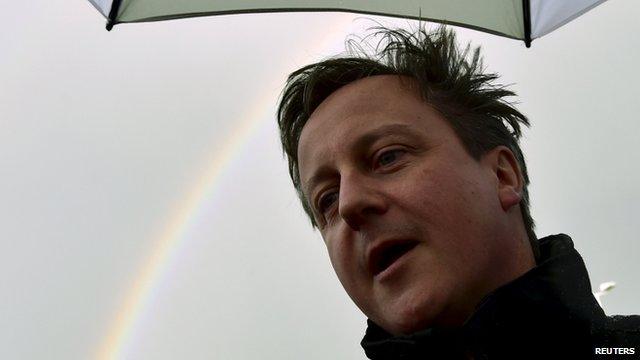
David Cameron, Conservative Party leader
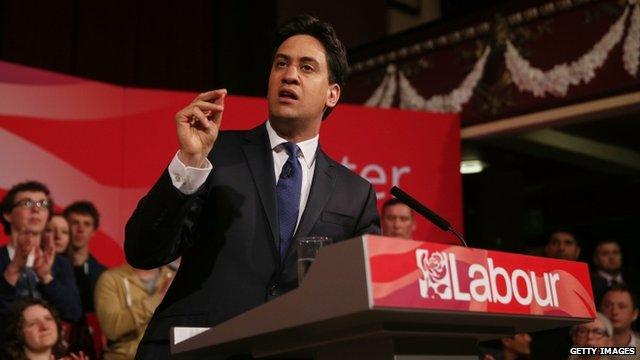
Ed Miliband, Labour Party leader
Right now, on this final day of campaigning, the political leaders appear to be seeking to outdo each other in a political game of Endurance. Go to John O'Groats, would you? Ha, wimp! I've been up all night! Traversing the nation, eh? Try it by helicopter, then get back to me!
I comprehend, I even applaud. Shows they care. As I write, another poll drops suggesting that the two big GB parties - Labour and Conservative, for the avoidance of even the slightest doubt - remain apparently tied. Perhaps the frenzy is in direct proportion to the seeming absence of movement in those polls.
How then to explain the fervour in Scotland, where the polls suggest a rather different scenario? Partly, it is post referendum vigour, that revived focus upon Scotland. Partly, it is the prospect of an outcome which might have a significant impact upon that wider UK outcome.
Even the most vigorous cyclone, however, has a relatively quiet core, an eye. I would suggest that the people are mostly sheltering from the political storm in that still place. Gently and steadily deciding.
Perhaps they have already made their minds up. Perhaps they will be influenced by the final messages, assiduously advanced by the parties today. Perhaps they will only decide as they enter the polling station.
Either way, their verdict is entitled to be respected. Provided it has been delivered and processed in a constitutional fashion.
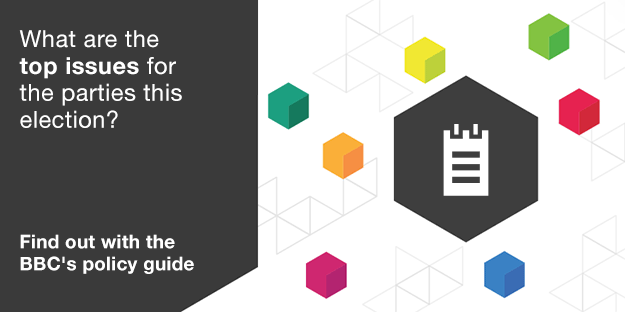
Which brings me back to the word which I have been mulling over in occasional broadcasts. The word which has penetrated political discourse in the past few days. Legitimacy.
Some supporters of the Union, most notably the Conservatives, question the legitimacy of the SNP participating in the future governance of the UK. How can it be right, they ask, to involve the SNP in UK government, whether directly or through influence, when they continue to seek the end of the UK in its current form?
To which the SNP reply that Scotland was persuaded to remain in the Union, that people in Scotland are entitled to vote as they choose - and that the beneficiaries of that choice, whoever they may be, are entitled to vote in the Commons in accordance with that mandate. Which includes offering or withholding support from contenders for Downing Street.
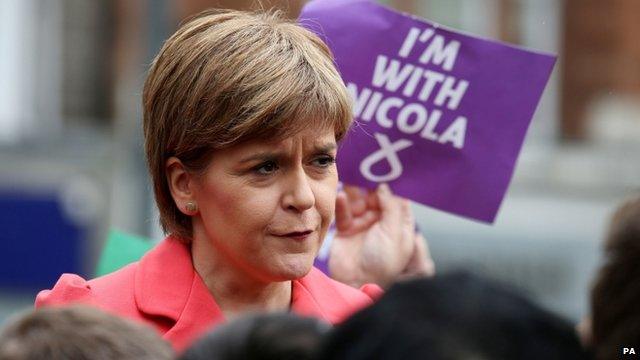
Nicola Sturgeon, leader of the Scottish National Party
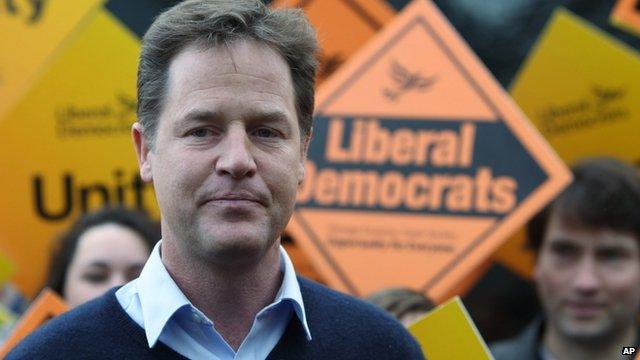
Nick Clegg, leader of the Liberal Democrats
Further, the SNP raise a legitimacy question of their own. Would not, they ask, a government of the UK have more legitimacy with a mandate which is not solely dependent upon an English voting pattern?
The SNP question is more relative than absolute. That is because the wider SNP argument is dependent upon insisting that the entirety of the populace in this UK election must have their say. But, still, it is a point resting upon legitimacy.
It strikes me we might be contending with several forms of legitimacy. One, legal, statutory and constitutional. Were candidates legally nominated? Was the election conducted fairly? The counts? The accession to Parliament of the winners?
Secondly, we have the question of political legitimacy. This might be thought of as "losers' consent". Do the parties which fail to enter government accept, politically, that those who form an administration have the right to do so?
If you will recall, that was a key element in formulating plans for the independence referendum. It was felt to be crucial that the outcome was accepted by both winners and losers.
Political point
For this UK election, political legitimacy will underpin any negotiations and bargaining in the Commons. Those who question the involvement of the SNP in such dealing - including the Liberal Democrats who made such a point at an early phase in the campaign - are, in effect, challenging the political legitimacy of such a move, not its constitutional justness.
They are saying: "Up with this we should not put". They are saying it feels wrong. They are saying that parties which sanction such a deal - or benefit inadvertently from it - would be entitled to scorn and contumely. It is a political point.
Which leads to the third element of legitimacy. Popular acquiescence. How would the scorn and contumely posited above be expressed if not through subsequent popular disquiet, evinced through the ballot box at a further contest?
This version is still less precise than the political version noted earlier. This involves a collective sense that the form of governance which emerges is...
a) mostly tolerable, with inevitable grumbles:
or
b) an abomination.
It is possible that the popular verdict on the legitimacy or otherwise of the outcome may differ as between Scotland and England. Welcome to contemporary UK politics. That may be a factor in future constitutional debate.
However, for now, it is more than sufficient to focus upon the remarkable phenomenon that is the exercise of the democratic mandate. The throaty, gargantuan shout of the mostly silent.
- Published30 April 2015
